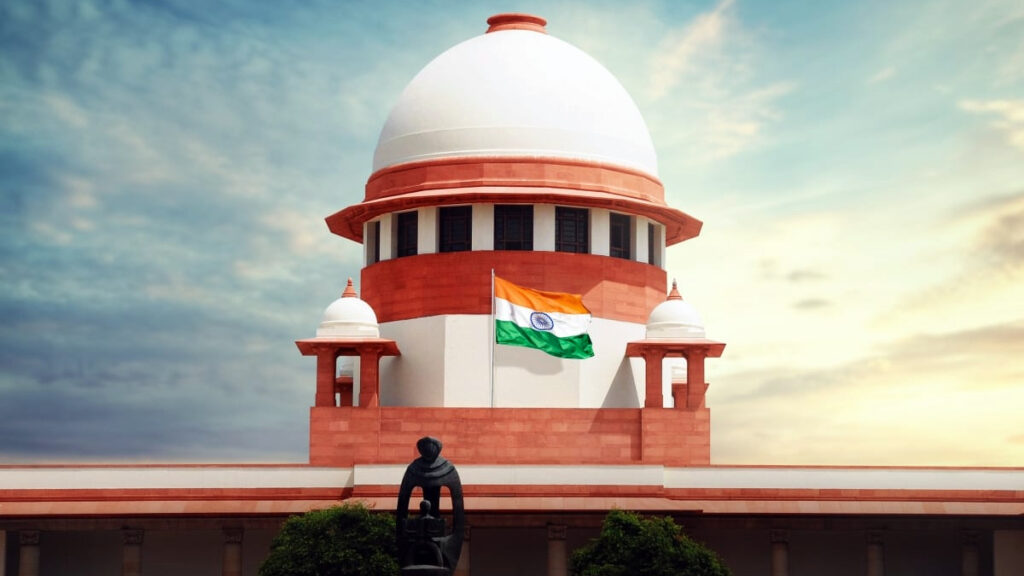
Supreme Court Notice on Kerala High Court’s Recognition of Muslim Women’s Right to Khula
Last Updated on April 2, 2024 by News Desk
Introduction:
The Supreme Court recently issued notice on a petition challenging a Kerala High Court judgment that affirmed Muslim women’s unconditional right to seek khula, a form of divorce under Muslim personal law. The petition, filed by Kerala Muslim Jamaat and a private individual, contests the High Court’s ruling in a matrimonial appeal and the dismissal of a review petition against it.
Issue:
The main issue at hand is whether Muslim women have an absolute right to resort to khula without the consent of their husbands, as recognized by the Kerala High Court, or if such action should be subject to judicial intervention.
Rule:
The Kerala High Court, in its judgment, upheld the Quranic provision granting Muslim women the right to initiate khula without their husband’s consent. It stated that khula is permissible and cannot be subjected to the will of the husband, as it is a right granted by the Quran itself. Additionally, the Court laid down conditions for the validity of khula, including a declaration of repudiation by the wife, an offer to return marital gifts, and an attempt at reconciliation.
Application:
The petitioner argues that while Muslim women may have the right to seek khula, it should be subject to judicial oversight. They contend that the current law contradicts previous judgments and is not in line with the legal framework established by the Supreme Court and the Madras High Court.
Conclusion:
The Supreme Court, after hearing arguments from Senior Advocate Devadatt Kamat representing the petitioner, issued notice on the matter. The case raises crucial questions regarding the interpretation of Muslim personal law and the role of judicial intervention in matters of divorce, particularly concerning the rights of Muslim women.
Written by — Athi Venkatesh AVD




